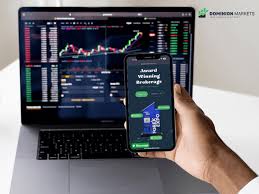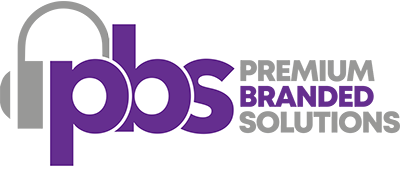
Mastering Online Forex Trading: A Comprehensive Guide
In recent years, online Forex trading has surged in popularity. Many individuals are attracted to the prospect of trading currencies from the comfort of their homes. If you are looking to enter the world of Forex, it’s essential to have a solid understanding of the market dynamics, strategies, and the tools needed to succeed. This article aims to provide an in-depth look at online Forex trading. For those interested in ethical investing, consider checking out the trading online forex Islamic Trading Platform which caters to specific trading principles.
Understanding the Forex Market
The Forex market, or foreign exchange market, is the largest financial market in the world, with a staggering daily trading volume exceeding $6 trillion. Unlike other markets, the Forex market operates 24 hours a day, five days a week, which facilitates the trading of currencies from around the globe. The significant liquidity of Forex allows traders to execute trades quickly and at favorable prices.
Currency Pairs and Quotes
In Forex, currencies are traded in pairs, which means when you trade one currency, you are simultaneously buying another. The first currency in a pair is referred to as the base currency, and the second currency is the quote currency. For example, in the currency pair EUR/USD, the Euro (EUR) is the base currency, while the US Dollar (USD) is the quote currency. The quote indicates how much of the quote currency is needed to purchase one unit of the base currency.
Types of Currency Pairs
Currency pairs are generally categorized into three main types:
- Major Pairs: These include the most traded currency pairs, such as EUR/USD, USD/JPY, and GBP/USD.
- Minor Pairs: These pairs do not involve the US dollar, for example, EUR/GBP or AUD/NZD.
- Exotic Pairs: These pairs consist of a major currency and a currency from a developing economy, such as USD/THB (Thai Baht).
Getting Started with Forex Trading
Choosing a Trading Platform
Choosing the right trading platform is crucial for successful online Forex trading. A reliable platform should provide a user-friendly interface, advanced trading tools, and robust security features. There are numerous online brokers to choose from, so it’s important to conduct thorough research and read reviews. Make sure to check whether the broker is regulated and offers the services you need, including customer support and educational resources.
Creating a Trading Account
After selecting a trading platform, the next step is to create a trading account. Most brokers typically offer several types of accounts, accommodating different trading styles and capital levels. Standard accounts have greater leverage but come with higher risks, while demo accounts allow you to practice trading without financial commitment. Always ensure that your trading account is in line with your investment goals and risk tolerance.

Developing a Trading Strategy
A successful trading strategy is essential for navigating the volatile Forex market. Your strategy should define your trading goals, risk management rules, and entry and exit points. Common strategies include:
- Day Trading: This involves opening and closing trades within a single day, aiming to profit from short-term market movements.
- Swing Trading: This strategy is based on capturing short to medium-term price moves, holding trades for a few days or weeks.
- Scalping: Involves making numerous quick trades to exploit small price changes throughout the day.
Technical and Fundamental Analysis
To make informed trading decisions, traders often rely on two main types of analysis: technical analysis and fundamental analysis.
- Technical Analysis: Involves analyzing price charts and using technical indicators to identify patterns and trends.
- Fundamental Analysis: Focuses on understanding economic indicators, news releases, and geopolitical events that can affect currency values.
Risk Management Techniques
Risk management is a crucial aspect of Forex trading. Implementing effective risk management strategies can protect your capital and help you survive inevitable losses. Here are some fundamental techniques:
- Setting Stop-Loss Orders: This ensures that you minimize losses by automatically closing a trade when it reaches a specified price level.
- Position Sizing: Determine the size of your trades based on your total capital and risk tolerance.
- Diversification: Avoid putting all your capital into one trade by spreading your investments across multiple currency pairs.
Staying Informed
Staying updated with the latest market news is vital for a successful trading career. Economic calendars, news websites, and Forex-focused platforms can keep you informed about factors impacting currency prices. Additionally, consider joining trading forums or communities to share insights and learn from experienced traders.
Conclusion
Online Forex trading presents lucrative opportunities for those willing to learn and adapt. By understanding the market, developing a solid trading strategy, and practicing effective risk management, you can increase your chances of success. Remember to leverage available resources, continually educate yourself, and approach trading with discipline and patience. With determination and the right mindset, navigating the Forex market can lead you to achieve your financial goals.
Happy trading!
